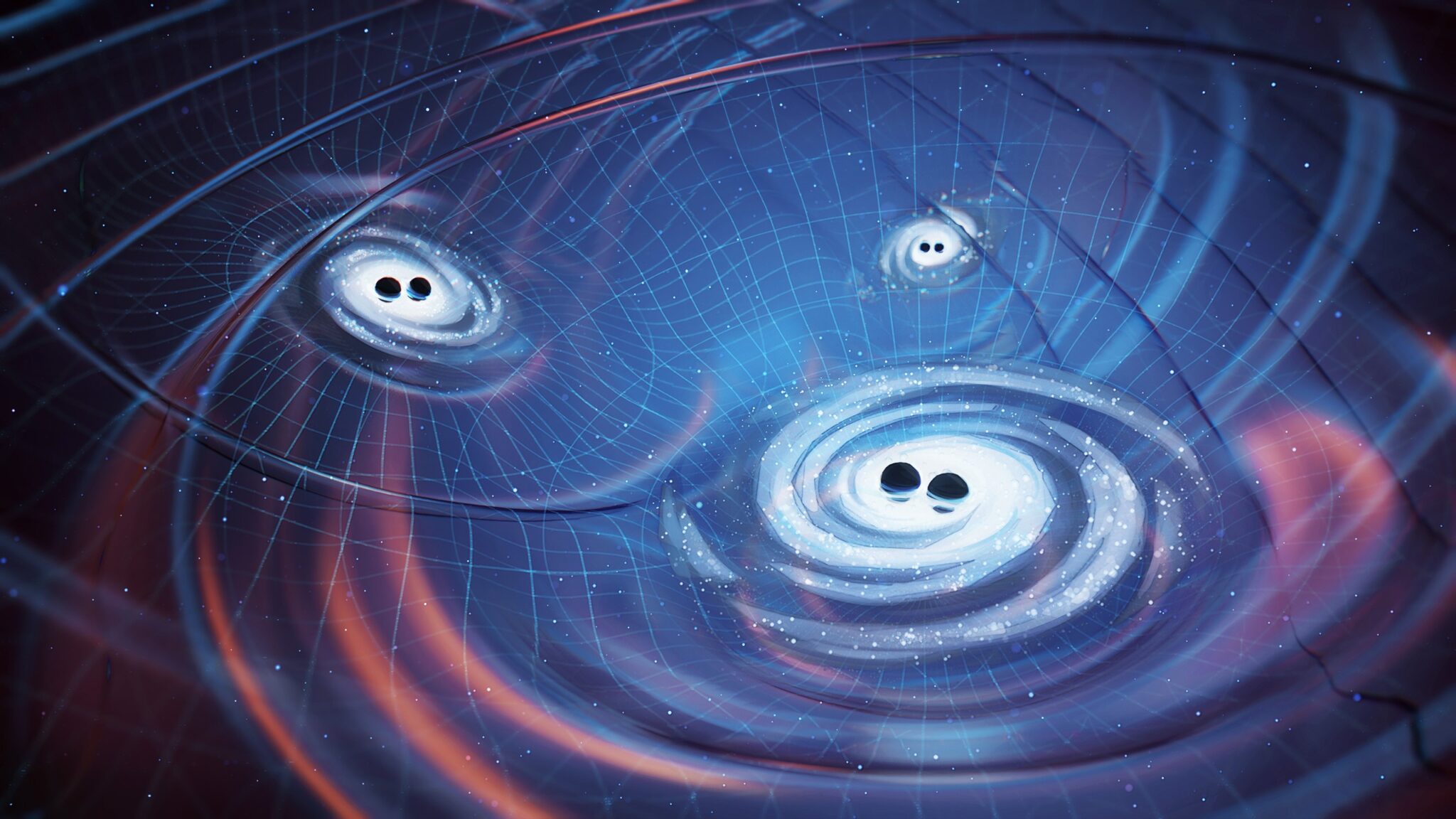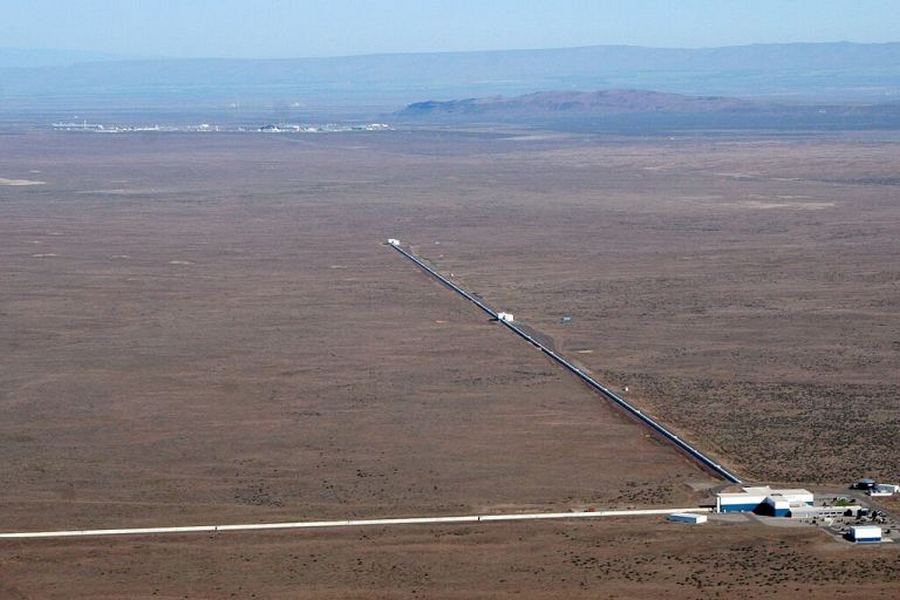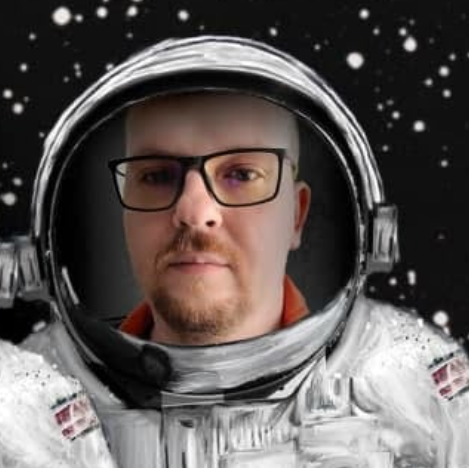Large-scale events in space, such as collisions of black holes and neutron stars, generate gravitational waves that can now be detected on Earth. However, early detection of these events is an important task for science. Groups of researchers from the LIGO-Virgo-KAGRA observatories are working on a special alert system that can inform astronomers about the appearance of gravitational waves within 30 seconds. If the warning is early enough, scientists may be able to identify the source.

A team of researchers from the University of Minnesota is working to improve the detection and notification of gravitational waves. They are testing a system that can detect waves from collisions of neutron stars or black holes, providing warnings to pinpoint the location of events. But it’s much more than just an alert system. Once fully launched, it will be able to determine the shape of the signals, track how it changes over time, and even provide an assessment of the properties of individual components that led to the waves.

LIGO has recently completed a series of measurements. The next launch is scheduled to take place in February 2025. Improvements have been made between recent observation cycles to improve signal detection capabilities. Finally, it all comes down to the data, and as soon as the current run is over, the commands will start working.
However, many questions about the formation of neutron stars and black holes remain unresolved, in particular the mechanism of formation of gold and uranium.
Earlier, we reported on how gravitational waves might be involved in the emergence of life on Earth.
According to universetoday.com
Follow us on Twitter to get the most interesting space news in time
https://twitter.com/ust_magazine


